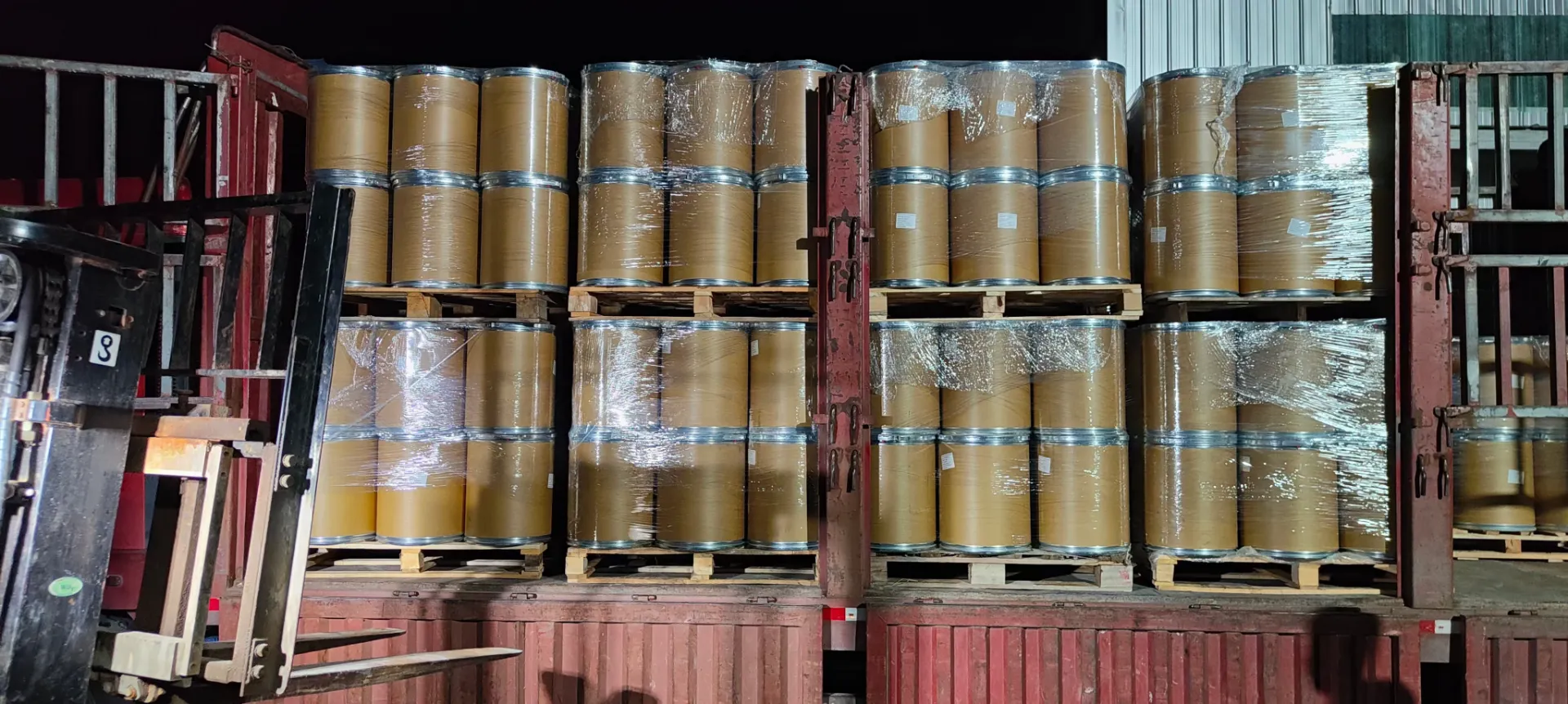The Three Main Digestive Enzymes
The human body is an intricate system designed to break down the food we consume into essential nutrients. This process, known as digestion, is facilitated by digestive enzymes. These enzymes are biological catalysts that accelerate chemical reactions in the body, particularly the breakdown of macromolecules into absorbable units. Among the various enzymes involved in digestion, three main types stand out due to their crucial roles in the digestive process amylase, protease, and lipase.
Amylase The Carbohydrate Breaker
Amylase is primarily responsible for the digestion of carbohydrates. It is produced in both the salivary glands and the pancreas. The digestion of carbohydrates begins in the mouth, where salivary amylase starts breaking down starches into simpler sugars like maltose and dextrin. This enzymatic action continues in the small intestine, where pancreatic amylase further digests these carbohydrates into monosaccharides, such as glucose, which can then be absorbed into the bloodstream.
Amylase plays a vital role not only in energy metabolism but also in maintaining blood sugar levels. When carbohydrates are consumed, amylase ensures a steady release of glucose, providing the body with a consistent energy supply. A deficiency of amylase can lead to digestive issues, such as bloating and gas, as undigested carbohydrates can ferment in the gut.
Protease The Protein Decomposer
Proteases, also known as peptidases or proteinases, are enzymes responsible for breaking down proteins into smaller peptides and amino acids. These enzymes are primarily produced in the stomach and pancreas. The process of protein digestion begins in the stomach, where the acidic environment activates pepsinogen into pepsin, a key protease that begins the breakdown of protein structures.
Once the partially digested proteins enter the small intestine, pancreatic proteases, such as trypsin, chymotrypsin, and carboxypeptidase, continue the digestion process. They further hydrolyze the peptide bonds, resulting in free amino acids, which can be easily absorbed and utilized by the body for various functions, including tissue repair and the synthesis of hormones and enzymes.
what are the three main digestive enzymes

A deficiency in proteases can lead to malnutrition, as proteins are essential for growth, immune function, and overall body maintenance. Symptoms of insufficient protein digestion may include muscle wasting and immune deficiencies, highlighting the importance of proteases in overall health.
Lipase The Fat Digester
Lipase is the enzyme responsible for breaking down fats into fatty acids and glycerol. This enzyme is predominantly produced in the pancreas and is secreted into the small intestine, where it acts on dietary fats. The digestion of fats begins with emulsification, a process primarily carried out by bile salts produced in the liver and stored in the gallbladder. This emulsification increases the surface area of fats, making them more accessible to lipase.
In the small intestine, pancreatic lipase digests triglycerides into monoglycerides and free fatty acids. These smaller components can then be absorbed through the intestinal walls and transported into the bloodstream for use as energy or for storage in adipose tissues.
Deficiencies in lipase can lead to fat malabsorption, resulting in weight loss and deficiencies in essential fatty acids. Individuals with pancreatic disorders often experience symptoms such as steatorrhea, characterized by the presence of excess fat in the stool, underscoring the crucial role of lipase in digestion.
Conclusion
In summary, the three main digestive enzymes—amylase, protease, and lipase—play indispensable roles in ensuring that the body can efficiently extract vital nutrients from the food we consume. Amylase breaks down carbohydrates into simple sugars, protease decomposes proteins into amino acids, and lipase facilitates fat digestion. Understanding the functions of these enzymes not only highlights the complexity and efficiency of our digestive system but also underscores the importance of a balanced diet that supports optimal enzyme function and overall health. Proper digestion is essential for energy production, growth, and sustenance, making these enzymes critical partners in our journey to health and well-being.

